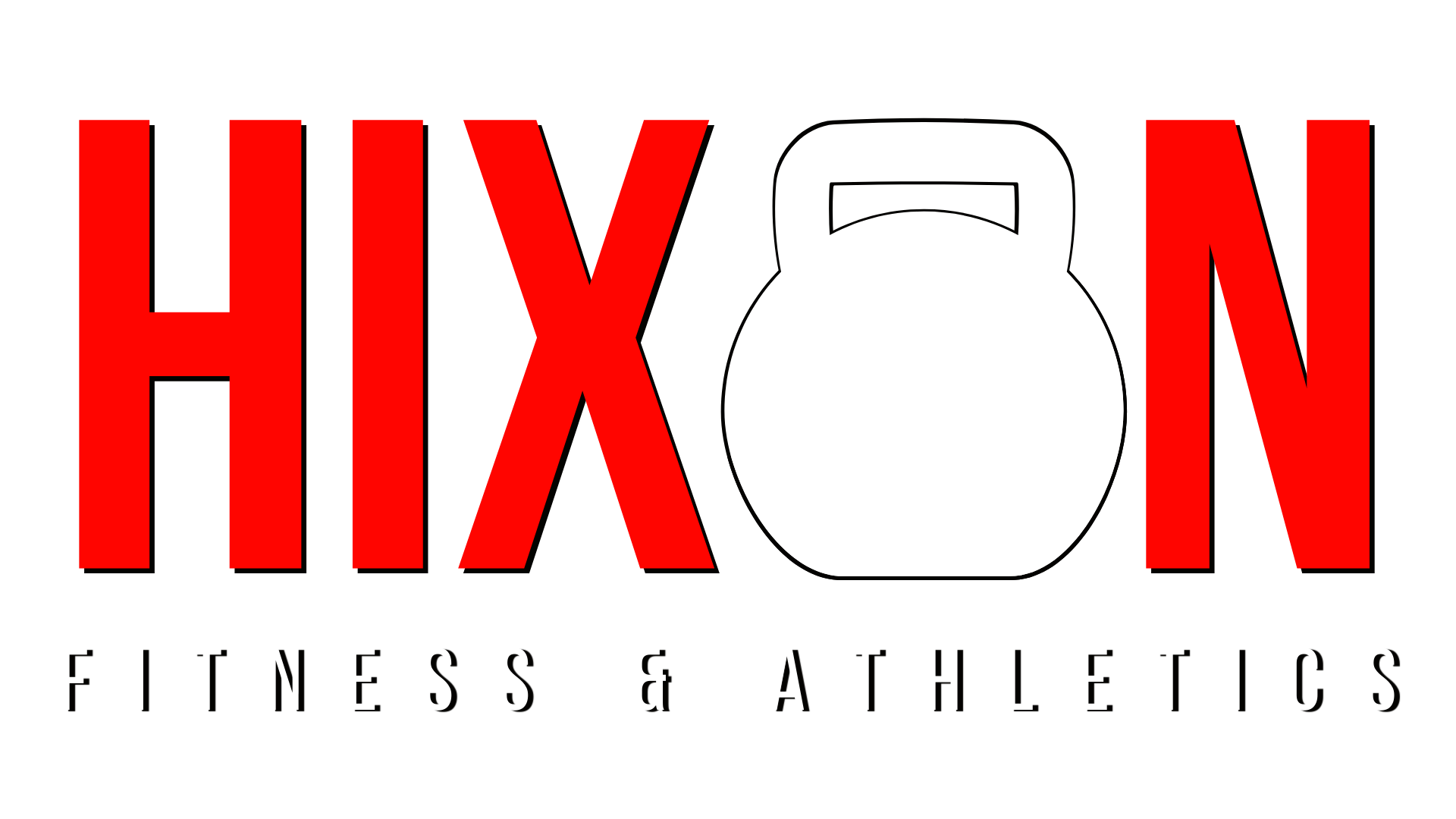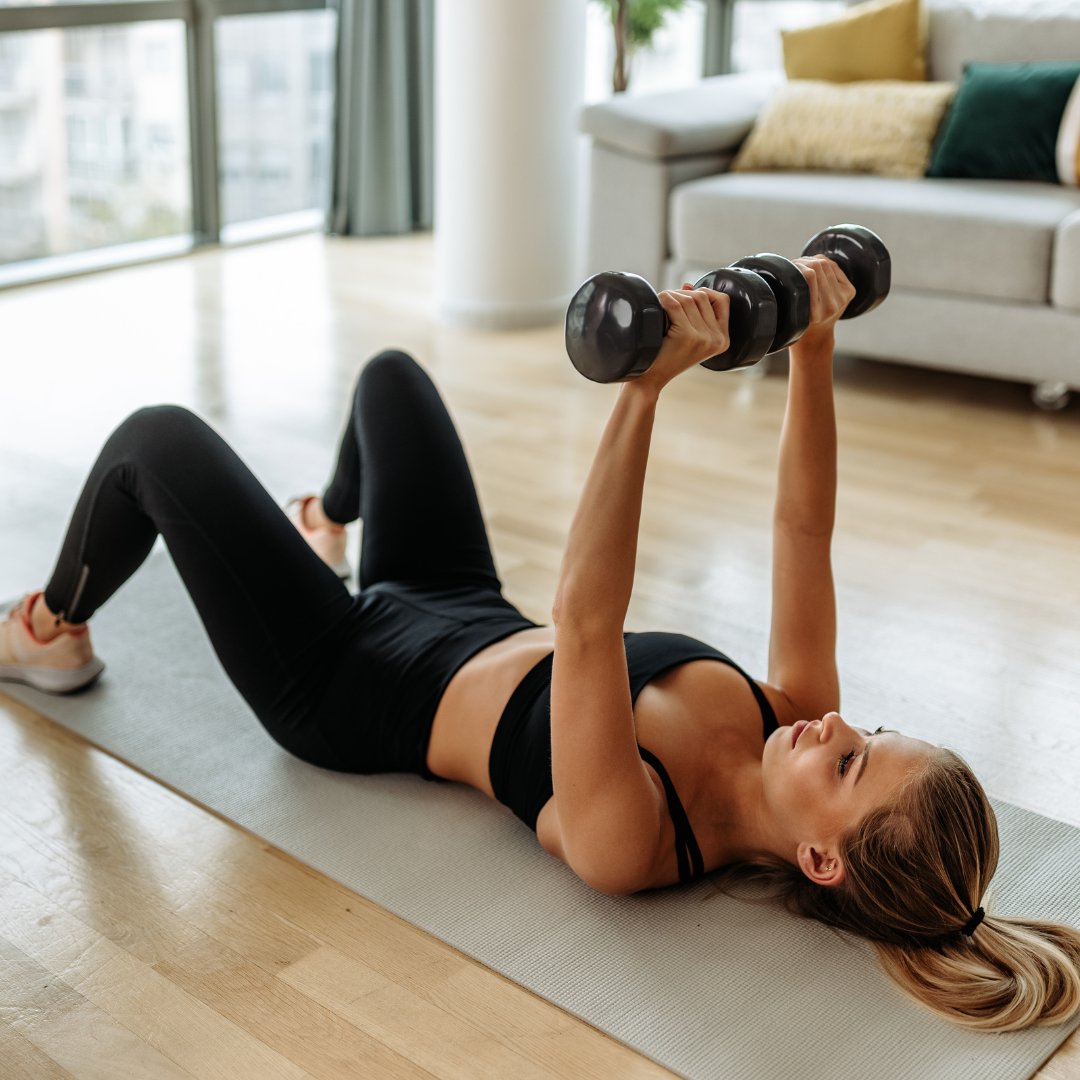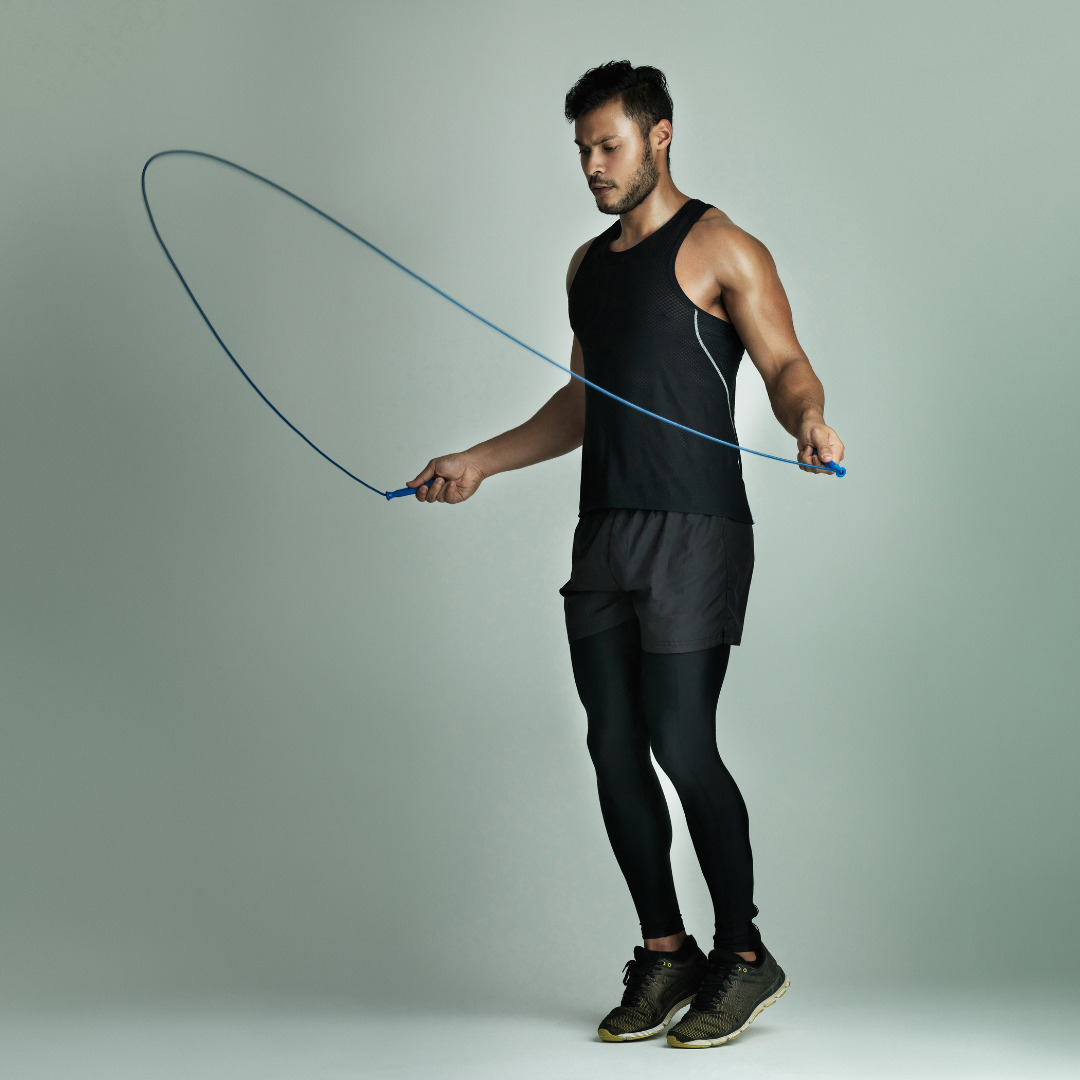The Power of Simplicity
The Power of Simplicity in Fitness: Why Less Is More for Busy Professionals
In today’s fast-paced world, especially for busy professionals juggling careers, families, and responsibilities, fitness can often feel like one more thing to decode. The internet is flooded with complex training protocols, trending gadgets, and influencer workouts that promise six-pack abs in six weeks. But the truth? Simplicity is not only underrated, it’s more effective.
Simplicity Breeds Consistency
The key to long-term success in any fitness journey is consistency, not complexity. A 2021 study published in the British Journal of Sports Medicine found that individuals who exercised just 150 minutes per week with basic, moderate-intensity movement, such as brisk walking, resistance training with bodyweight or free weights, or recreational sports, saw significant reductions in all-cause mortality and improvements in quality of life compared to sedentary individuals.
Busy professionals don’t need a hyper-customized hypertrophy split or a boutique class with 17 steps of choreography. What they do need is a routine that fits consistently into their day without causing cognitive overload. Simple, repeatable systems help reduce decision fatigue: something many professionals already experience in abundance.
The Compound Interest of Simplicity
Much like investing, fitness progress grows through small, consistent deposits. The National Weight Control Registry, which tracks over 10,000 individuals who have successfully lost weight and kept it off, shows that the vast majority maintained their outcomes by relying on straightforward strategies: walking, basic strength training, meal prepping, and tracking food intake, not gimmicks or extremes.
These approaches are easy to return to after travel, illness, or life disruption. The beauty of simplicity is that it’s resilient. In the long run, resilience matters more than intensity.
Simplicity Supports Mental Health and Cognitive Clarity
A simple fitness plan doesn’t just impact the waistline. It lightens the mental load. A Harvard Health Publishing article from 2022 linked regular, uncomplicated physical activity with improved mood, lowered anxiety, and sharper cognitive performance. Professionals with consistent exercise routines report better decision-making, more energy at work, and improved sleep, outcomes critical to high-level performance in and out of the office.
How to Apply Simplicity in Your Routine
If you’re a busy professional, here’s what a simple, high-value fitness plan might look like:
30-45 minutes, 3–5 days a week: Resistance training with compound movements like squats, pushups, rows, and presses.
Daily activity goals: 7,000–10,000 steps per day, including short walks between meetings or after dinner.
Flexible nutrition focus: Emphasize whole foods, eat protein with every meal, and hydrate consistently.
One key metric at a time: Whether it’s sleep, strength, or energy levels, track what matters most without overcomplicating it.
Final Thought: Simple Isn’t Easy—It’s Effective
In a world that often celebrates extremes and novelty, remember: what’s simple is repeatable. What’s repeatable becomes habit. And habits, not hacks, are what shape our health, longevity, and performance.
For the busy professional, success doesn’t require perfect. It requires doable. Simplicity might just be your greatest asset.
If the idea of simplifying your fitness routine resonates with you, you’ll want to explore how Project Argos puts that principle into action. It’s a program designed with busy professionals in mind and built around consistency, simplicity, and sustainability.
Learn how Project Argos applies these concepts in real life👇


